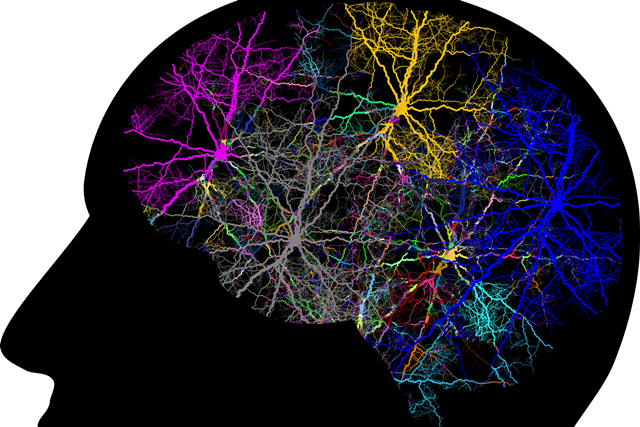
(Gordon Johnson, Pixabay)
17 Dec. 2020. A three year-old biotechnology company developing treatments for psychiatric and movement disorders is being acquired by global drug maker Novartis. Shareholders of Cadent Therapeutics in Cambridge, Massachusetts could earn as much as $770 million if all aspects of the agreement are fulfilled.
Cadent Therapeutics develops therapies for cognitive and movement disorders that target chemical regions of proteins called allosteric sites, considered difficult to address. In the case of Cadent Therapeutics, the company discovers synthetic proteins that address ion channels, areas of cells with receptor proteins on their surface that produce a pore through the cell membrane in and out of the cell. Cadent Therapeutics’ technology designs allosteric proteins that target ion channel receptors on neurons or nerve cells, particularly those that regulate communications between individual neurons and neuronal networks in the central nervous system.
The company was formed in 2017 by the merger of biotech enterprises Luc Therapeutics and Ataxion Therapeutics. As reported by Science & Enterprise in October 2015, Novartis licensed Luc Therapeutics’ early work on a therapy for depression, opening connections with what would become Cadent Therapeutics.
Cadent is creating therapies for the psychiatric diseases schizophrenia as well as depression, and movement disorders essential tremor and spinocerebellar ataxia. The depression and schizophrenia therapies target N-Methyl-D-aspartate, or NMDA receptors, molecules found in synapses, the part of nerve cells that permit sending and receiving of signals. NMDA receptors help keep synapses flexible, which affects memory, learning, and development of the central nervous system.
Among the movement disorders, essential tremor is the most common form of involuntary tremors, marked by unintentional and rhythmic shaking, usually of the hands, but sometimes the arms, head, or legs. The disorder mainly affects people over the age of 40. Spinocerebellar ataxia is a group of inherited degenerative disorders, from genetic mutations affecting the cerebellum, the part of the brain controlling movements. Cadent’s therapies for these diseases target SK channels, calcium-activated potassium ion channels in neurons regulating cell excitability and controlling release of neurotransmitters in the brain.
Novartis, based in Switzerland, says its immediate goal from the acquisition is Cadent Therapeutics’ work with NMDA receptors, particularly its experimental therapies CAD-9303 for schizophrenia and CAD-927 for treatment-resistant depression, already licensed by Novartis. “There is good evidence, both from human genetics as well as clinical studies,” says Gopi Shanker, interim lead for neuroscience at Novartis Institutes for BioMedical Research in a Novartis statement, “that NMDA receptors, which regulate learning, memory and plasticity in the brain function sub-optimally in schizophrenia. By modulating the activity of these receptors, we think CAD-9303 could potentially treat negative and cognitive symptoms and help address one of the key gaps in schizophrenia care.”
The agreement calls for Cadent Therapeutics to receive and initial payment of $210 million, with the company eligible for another $560 million in milestone payments. Jodie Morrison, Cadent’s CEO, says in a company statement, “The expertise of Novartis in development of CNS therapeutics, something we have witnessed first-hand in our existing collaboration, provides an ideal foundation for continued advancement of the Cadent pipeline and will ensure the broad potential of these drugs is realized for patients.”
More from Science & Enterprise:
- Venture Rounds, IPOs, Mergers Vanish in Election Week
- Bayer Gains Gene Therapy Biotech in $4B Deal
- Lilly Gains Neuro Disease Biotech in $1.36B Deal
- Heart Disease Biotech Acquired in $13.1B Deal
- Gilead Acquires Cancer Therapy Biotech for $21B
* * *

 RSS - Posts
RSS - Posts
[…] Neuroscience Biotech Acquired in $770M Deal […]